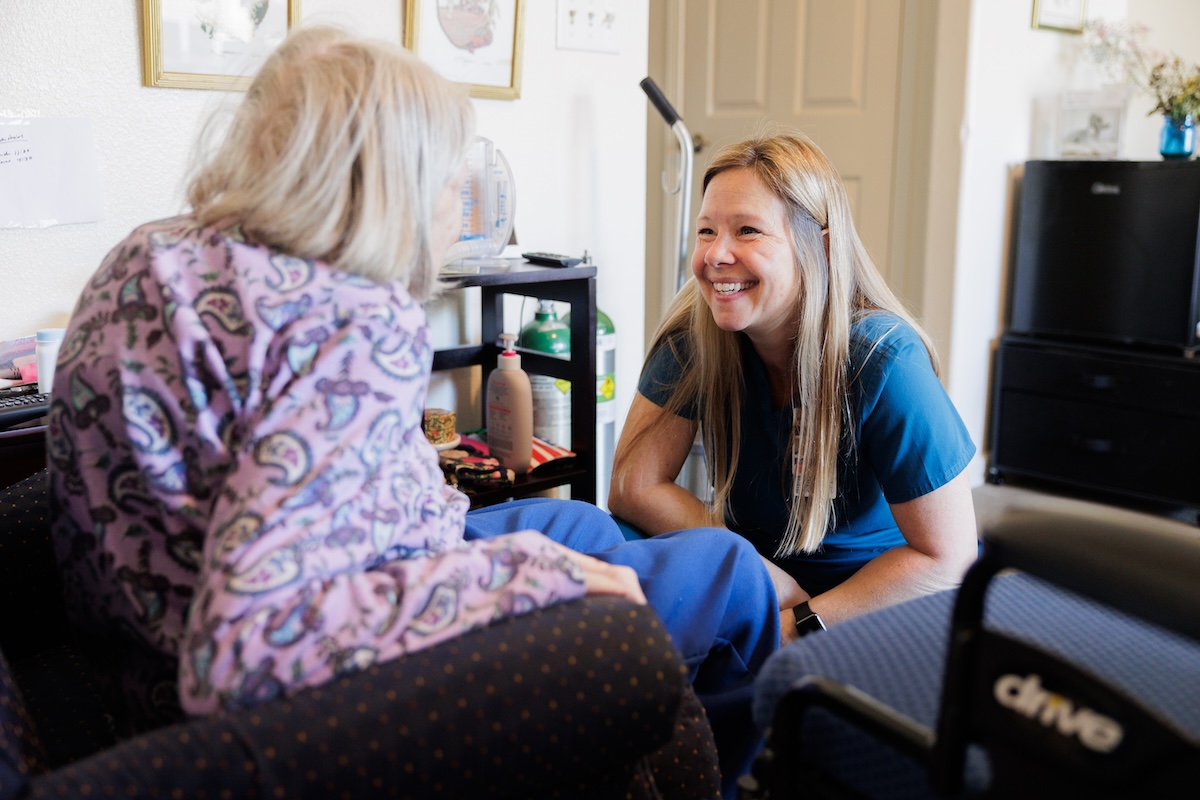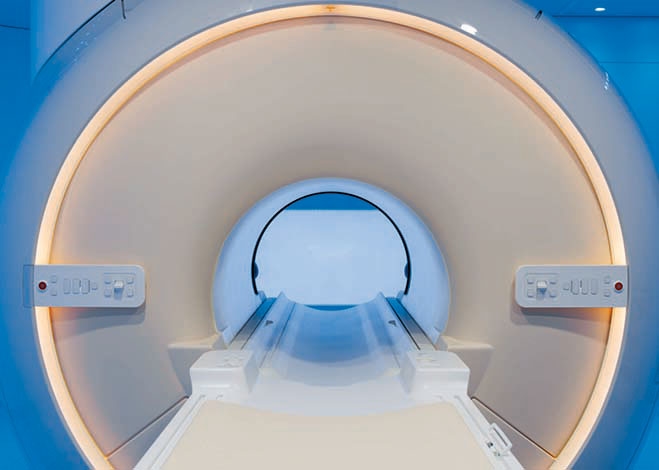Home Health: What To Know About Home Care and Hospice
Dec 16, 2024

Home care services are becoming an increasingly essential part of modern healthcare, offering individuals the support they need to live independently in the comfort of their own homes. Whether it's assisting with daily activities like bathing, dressing, and meal preparation, or providing medical care such as administering medications and managing chronic or life-limiting conditions, home care professionals offer a range of services tailored to meet the unique needs of each person.
Whether it is through home health or hospice services, home care has emerged as a compassionate alternative to traditional hospital or nursing home care, allowing individuals to maintain a high quality of life while receiving the help they need.
What are the benefits of home care?
The benefits of home care services extend beyond physical assistance. By fostering a familiar and supportive environment, home care professionals contribute to emotional well-being, reducing feelings of isolation and enhancing overall mental health. Family members can also find peace of mind knowing that their loved ones are receiving dedicated care, which can relieve stress and reduce the burden of caregiving. Whether for the elderly, those recovering from surgery, or individuals with disabilities, home care services provide invaluable support that not only promotes health and safety but also encourages dignity and independence.
Who might benefit from home care?
Home care services are suitable for many patients who are living with or have been diagnosed with a medical condition that leaves them unable to leave their home without difficulty. In addition to elder or disability care, we also offer services for patients with conditions, such as:
- Acute injury or illness
- Recent surgery
- Medication management, teaching and education
- Wound care
- Catheter management
- COVID-19
- IV therapy
- ALS
- Cancer
- COPD
- CHF
- Diabetes
- Parkinson’s disease
- Other terminal or life-limiting illnesses
Home health: When you can’t come to us, we come to you
The comfort of home and being surrounded by family and friends often promotes the healing process. That’s why home care can be so helpful for individuals with special needs who prefer to remain independent in their own homes.
A person with special needs may be getting older, chronically ill, recovering from surgery or disabled. To qualify for home health services, you must have a physician referral. Home care services include nursing care, therapy services and medical social services. A care plan is tailored to fit the patient’s specific needs, with the goal to provide a full range of services that help the patient maintain independence and dignity.
Eligibility: To be eligible for home health, the patient must be home bound, or unable to leave their home without some degree of difficulty and require skilled care. The patient must have a referral or prescription for home care from their physician or qualifying healthcare facility.
Cost: Home health often costs less than traditional hospital or nursing care. Most private insurance companies cover home health services prescribed by a physician. Medicare, MediCal, Medicaid, worker’s compensation and Veterans Services also offer coverage for home health. For copay costs and any services not covered by insurance, Adventist Health also accepts private payment.
Access: If you’re interested in setting up home health services, simply contact your physician, healthcare provider or your local Adventist Health organization. Scheduling of visits will be determined by your physician and the skilled professionals who will be providing the home health services.
Hospice care: compassionate care for those with life-limiting illnesses
Hospice is a special kind of service that provides supportive care where the goal is not to administer curative treatment, but to provide comfort and care to patients who wish to live out the remainder of their lives on their own terms. Hospice focuses on preserving the dignity and privacy of the patient while providing relief from the symptoms of their illness.
For our patients and their families, coping with a life-limiting illness can be frightening and even overwhelming. Hospice care can help ease the burden. That means we help minimize pain and symptoms while maximizing comfort, quality of life and mental well-being. Hospice is about celebrating life and allowing individuals and their families to get the most of out every day.
Care is delivered through regular visits to where the patient is, whether that means home, the hospital or another assisted-care facility. Adventist Health hospice workers meet with patients, their family members and their physician to create a care plan personalized to their unique needs, including physical, mental and spiritual care.
Hospice care might include the services of registered nurses, physicians, home health aides, chaplains, therapists, bereavement coordinators and social works. Although hospice does not provide continuous, around-the-clock care (unless needed for symptom management), we work closely with the patient’s physician and primary caregiver to tailor visitation schedules and care plans to best suit their needs. Nurses and physicians are available 24 hours a day should a problem arise outside of a regularly scheduled visit.
Eligibility: To be eligible to apply for hospice care, a patient must have a life-limiting illness with a life expectancy of six months or less. Once they have made the decision to stop curative treatments in favor of pursuing comfort care services, they can be referred for hospice care.
Cost: Medicare and Medicaid cover hospice services, and many private insurance companies also include coverage for hospice. Types of services covered may vary by provider, so it is important to contact your specific insurance plan for more information. In some cases, hospice programs can work with patients who may not be able to afford the full cost of their care or whose insurance doesn’t cover all costs.
Access: The patient, their loved ones or their primary care physician can contact your local hospice care service; it is not necessary to have a doctor’s referral for hospice care, and hospice care can be provided regardless of the age of the patient or the type of end-stage illness they have been diagnosed with. Patients will be required to have their physician and a hospice physician both verify that the illness is life-limiting before a care plan can be set up.
Find an Adventist Health Home Care near you using our location search. Many of our sites serve large geographies. Please call to learn if you are within the area they serve.
Related articles

Genetic Testing and Understanding Hereditary Breast Cancer
August 15, 2022

How MRIs Help Us Take a Closer Look
December 1, 2022

‘I feel empowered’: Pandemic sheds new light on critical role lab plays in patient care
March 31, 2021